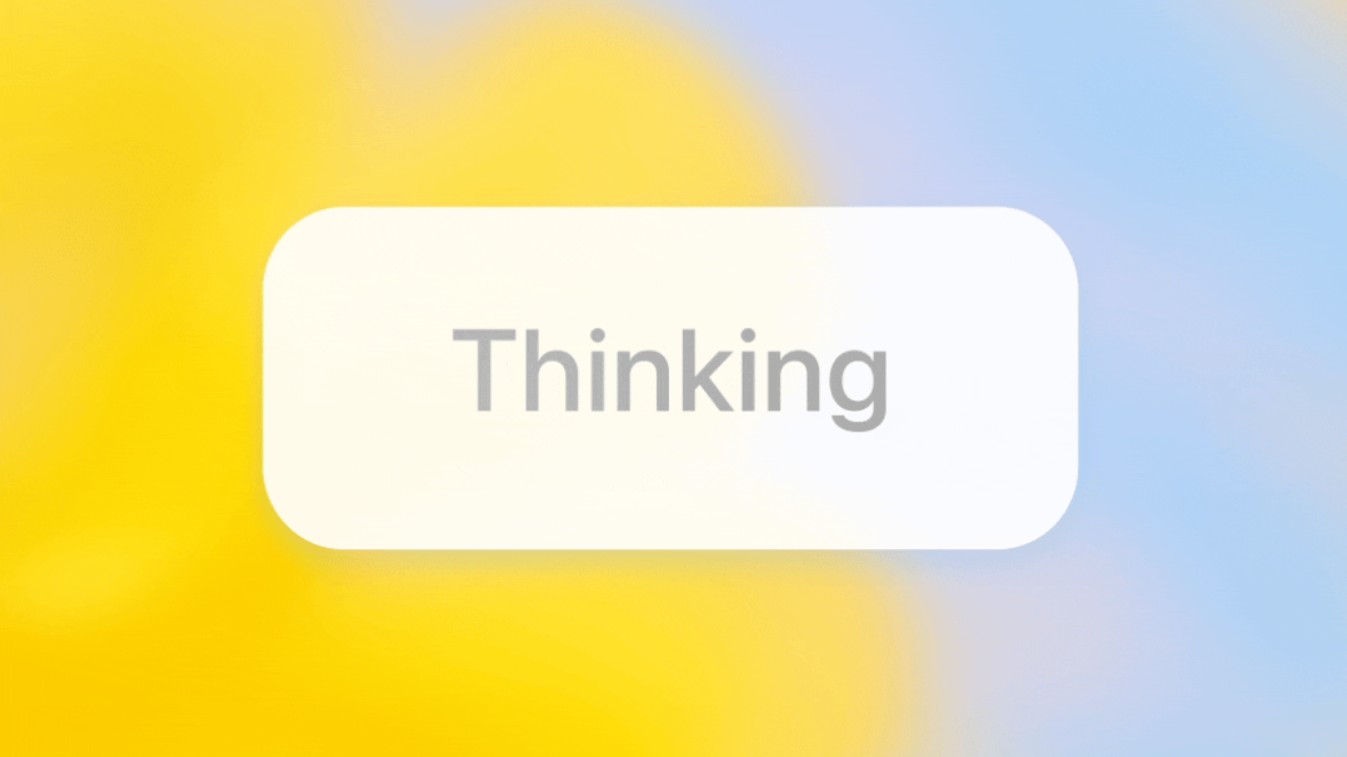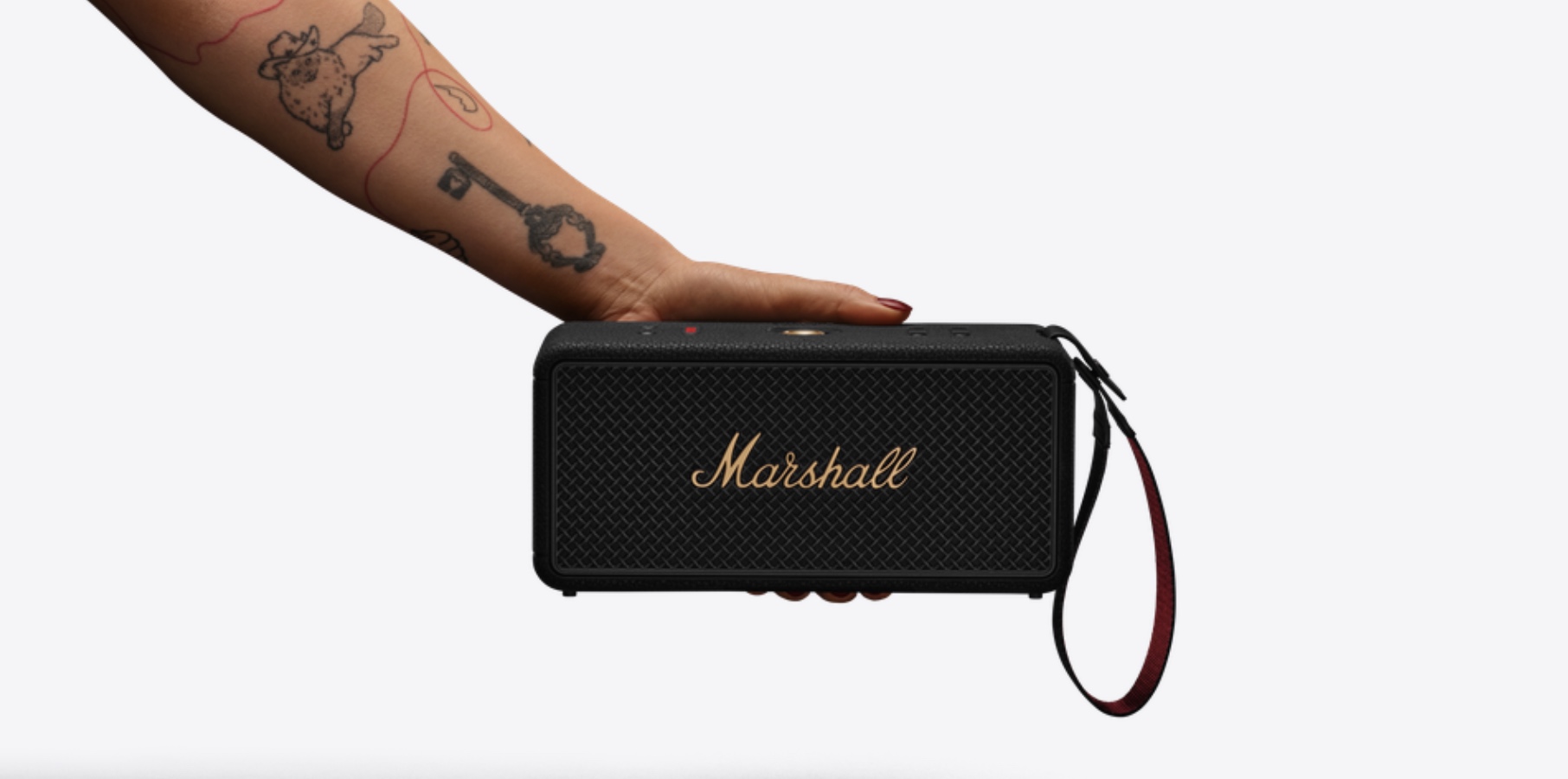Now Reading: Which AI protects your privacy the best: ChatGPT, Gemini, or something else?
-
01
Which AI protects your privacy the best: ChatGPT, Gemini, or something else?
Which AI protects your privacy the best: ChatGPT, Gemini, or something else?

Iâve been telling you to pay attention to what personal data you share with your AI chatbot of choice and make sure that data canât be used to train future versions of that AI platform since ChatGPT went viral nearly three years ago. I keep reminding you how important it is to protect your personal data as best you can every time we talk about a new AI service or functionality.
The best recent examples are Doppl and Meta AI. The former is a new Google app that lets you try on clothes virtually before you buy, and it comes with surprisingly strong privacy protections. As for Meta AI, the company is trying to convince you to upload your camera roll photos to its servers so Meta AI can have a look at them. I already told you to avoid opting in at all costs.
Iâm not the only person worried about user data security and privacy. Researchers from Incogni tried to determine which of the AI platforms available commercially protect user privacy the best.
The AI study looked at what happens to user data from prompts, how your data is shared with third parties, and whether the privacy policies the various companies use are transparent enough and easy to understand.
The results arenât that surprising. Meta AI scored the worst overall, with Copilot, Deepseek, and Gemini ahead of it. French AI platform Le Chat (Mistral) came out on top, narrowly beating ChatGPT and Grok. Claude and Pi came in fourth and fifth.
Best to worst: From Le Chat to Meta AI
The following graphic shows Incogniâs privacy rankings for these AI models based on a study conducted in late May.

The researchers found that Le Chat is the least privacy-invasive platform of the nine AI products above. ChatGPT and Grok followed. âThese platforms ranked highest when it comes to how transparent they are about how they use and collect data, and how easy it is to opt out of having personal data used to train underlying models,â the researchers wrote.
At the other end of the rankings are AI platforms from big tech companies. Theyâre the most privacy-invasive. Meta AI is âthe worst,â followed by Gemini, Copilot, and DeepSeek. Interestingly, the researchers say âDeepSeek was also indicated as one of the most privacy-invasive.â
Training the AI with your data
The study also shows that Gemini, DeepSeek, Pi AI, and Meta AI donât allow users to opt out of having prompts used to train the models.

ChatGPT is the most transparent when it comes to informing users whether their prompts will be used for model training. ChatGPT also has a clear privacy policy. Thatâs good news to me, considering Iâve been a longtime ChatGPT user. I opted out of model training as soon as the privacy feature was available, and I advise any ChatGPT user to do the same.
The researchers also found that Copilot, Mistral AI, and Grok let users opt out of data training.
The AI study also notes that once your data is in a dataset, itâs unlikely it can be removed.
AI data shared with others
The AI study also looks at the data AI platforms share with others, finding that AI firms might provide data to various third parties. The list includes service providers, legal and governmental bodies, other businesses, and other parties.

Some AI firms share data with multiple parties. Meta AI stands out again, but so does Microsoftâs Copilot.
How easy it is to understand AI legal lingo
The researchers judged the nine AI models in these graphs by transparency criteria. That is, how easy it is to understand by an average user what happens with their prompt data, how easy it is to find information about an AI platform, and how easy it is to read privacy policies.
OpenAIâs ChatGPT is the most transparent AI platform, with Gemini and Inflection taking the last spots in this ranking.
When it comes to finding privacy policies and reading them, some AI platforms are much better than others. Companies like Claude and OpenAI might offer users FAQ articles and other support documents.
Larger entities like Google, Microsoft, and Meta might have broader privacy policies that apply to all their products, not just AI tools. Reading and understanding these privacy policies might be more difficult and cumbersome for most readers.
What other data do AI platforms collect?
Itâs not just prompt data that AI firms might collect. The Incogni researchers also looked at what type of information AI firms might want, finding that Pi AI and ChatGPT are the best. That is, they seek little information beyond chats. Gemini, Copilot, and Meta AI are at the bottom of the list.
When looking at the kind of information AI platforms collect, the study reveals a few interesting details from the mobile apps belonging to these platforms.

For example, Gemini and Meta AI collect precise locations and addresses. Gemini, Pi, and DeepSeek also want phone numbers. Meta AI collects usernames, email addresses, and phone numbers.
Grok wants to access photos the user shares and app interactions on Android. Claude collects app interactions with third parties on Android, as well as email addresses and phone numbers.
You should read the full study at this link, where youâll find more graphs like the ones above. Once youâve gone over it, you might want to check your privacy settings for the AI apps you use, especially the iPhone and Android versions.























